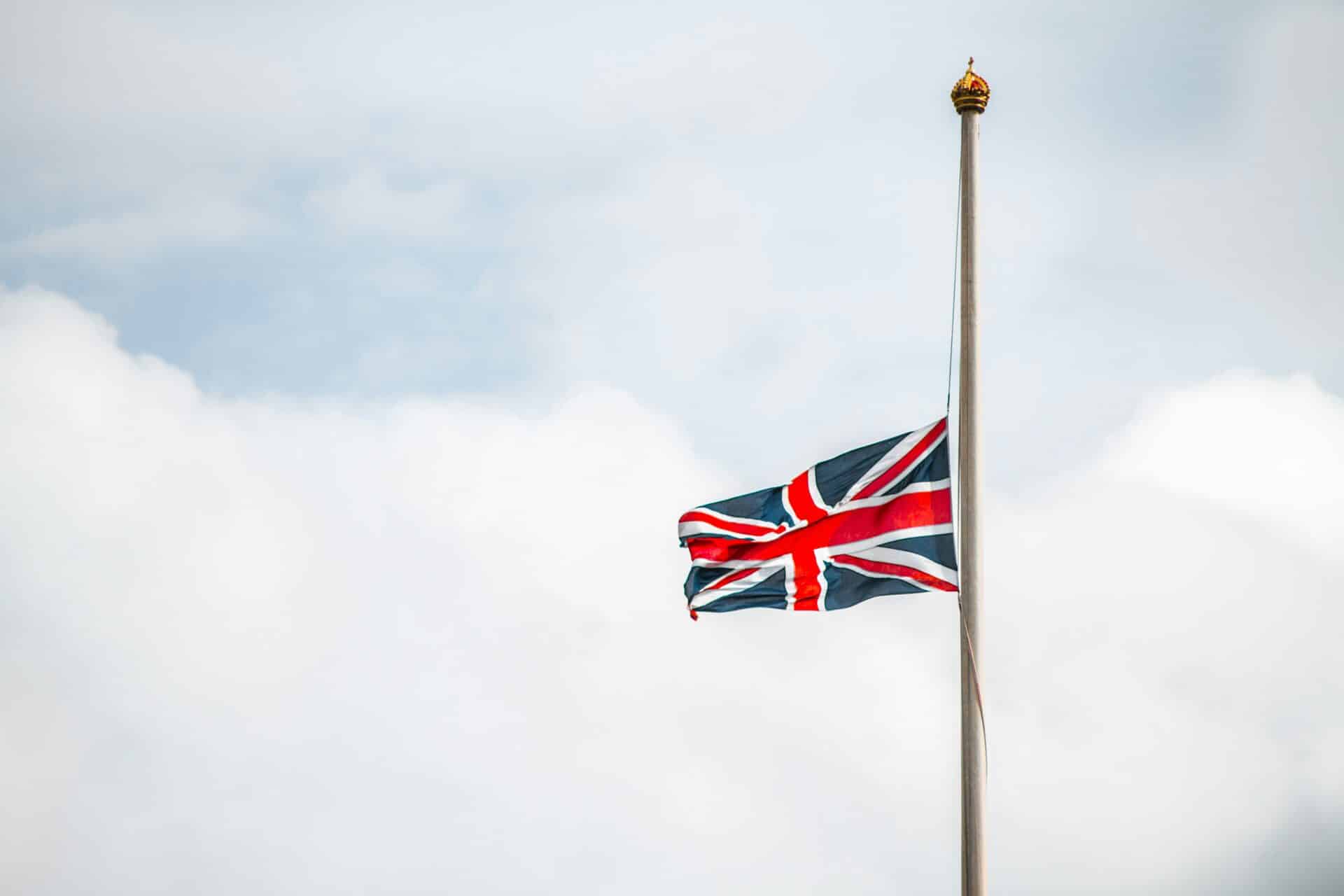UK Election 2024: How will they tackle children’s online safety?
Despite its central role in our lives, how technology impacts the safety and well-being of children and wider society has not been a key feature in the build-up to this election. However, the main political parties have set some notable plans for how they would regulate technology if they were to be elected today.

Conservatives
In their manifesto, Conservatives emphasised their support of the Online Safety Act, claiming that it will protect children from illegal and harmful content. If elected, they will also develop guidance on banning mobile phones during the school day and provide financial support to schools for its enforcement. The Party is also committed to consulting on greater parental controls for social media through partnering with other countries in developing the necessary technology. Additionally, the Conservatives are keen to leverage the potential of AI and support research into its safe and responsible use, by investing over £1.5 billion in large-scale compute clusters. Finally, the Party will legislate new offences for spiking, the creation of sexualised deepfake images and taking intimate images without consent.
Labour Party
Labour has expressed the same commitment to the Online Safety Act and is keen to bring forward provisions on online safety, particularly social media. Importantly, the promise to the Bereaved Families for Online Safety regarding coroners more powers to access data held by tech companies after a child’s death has been respected. In terms of new changes, if elected, Labour will reform gambling regulation to account for changes since 2005 and create a new Regulatory Innovation Office to deal with the dramatic development of new technologies. Lastly, they’ve committed to introducing “binding regulation” on the companies developing the most powerful AI models and banning the creation of sexually explicit deepfakes as part of efforts to assure the safe development and use of AI models.
The Liberal Democrats
The Liberal Democrats manifesto has called to incorporate the UN Convention on the Rights of the Child into UK law. They also want to set up an independent advocacy body for children’s safety online and set a requirement that tech companies publish how they are addressing online abuse faced by women and other protected groups. In addition, as part of an effort ‘free up local officers’, they will be creating an Online Crime Agency to tackle illegal content and activity. This incorporates requiring all digital products and services to set out short, clear terms and conditions with key facts about data and privacy. Lastly, for AI, they propose a cross-sector framework for regulation, requiring systems to be accountable and that any use of data is unbiased, transparent, accurate, and privacy-preserving.
We welcome the support from the main parties on online safety, in particular commitments on data access and children’s rights. What remains clear is that if the UK is to deliver the protection and empowerment that children deserve, the incoming government must adopt our three calls.
Firstly, make implementing and enforcing children’s established rights under international and UK law a top priority. The incoming government must commit to enforcing the UK’s Age Appropriate Design Code (AADC) – the gold standard for children’s privacy and data protection – and ensure that the Online Safety Act builds on international best practices, aligns with the AADC, and delivers on the intent of Parliament.
Secondly, prioritise children’s safety and rights in Government tech strategy. They should start by swiftly addressing emerging issues that children face by criminalising the creation of models that distribute child sexual abuse material, and the lack of effective rules for procurement of EdTech products.
Thirdly, keep promises to bereaved parents. All parties have committed to reintroducing powers that allow coroners to access children’s data from tech companies where it is thought the information is relevant to their death and they must follow through.
Seeing that the main parties have all identified some measures regarding online safety is a promising start. We look forward to welcoming in the incoming government and working with cross-party support to ensure that the rights of children in the digital environment are at the centre of their agenda.
